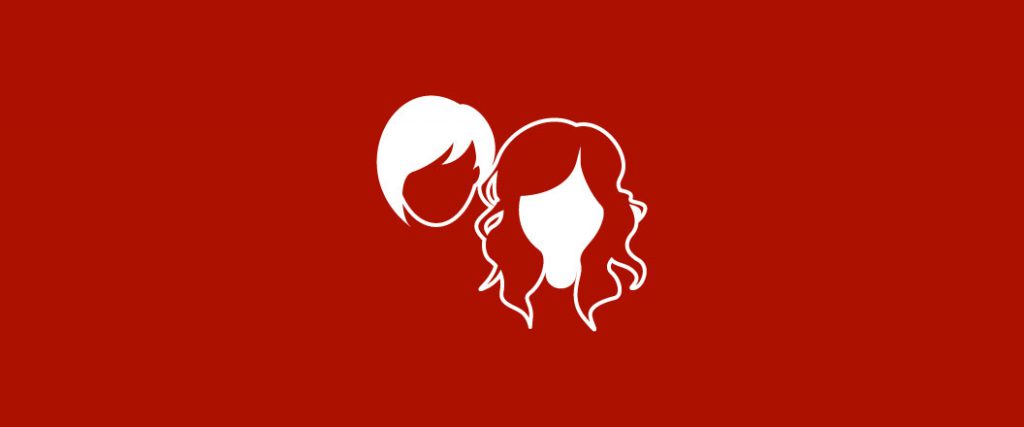Women* = Cis and Trans women, including African, Caribbean and black women, women who use drugs, Indigenous women, and other women who face systemic and social inequities, are more likely to be exposed to HIV through a sexual or drug using partner.
About a quarter of the people living with HIV in Ontario are women, and women accounted for 25% of new cases of HIV in 2015. African, Caribbean and Black women, Indigenous women and Trans women are at the greatest risk, with about half of the women newly diagnosed each year being immigrants from places where HIV is endemic.
The OACHA HIV/AIDS Strategy aims to improve the health and well-being of women* in Ontario and to provide appropriate care to women who are living with HIV. Research is a tool to achieve these goals. Women living with HIV are most frequently diagnosed with HIV between 30-34 years of age, a time period when they may be considering having children. Safe child-bearing has often been highlighted as an issue of concern for women living with HIV, but research around social determinants of health, as well as women’s access to services and resources, including mental health services are also priorities – as well as prevention studies to reduce women’s risk due to drug use or sexual contact with high-risk partners.
